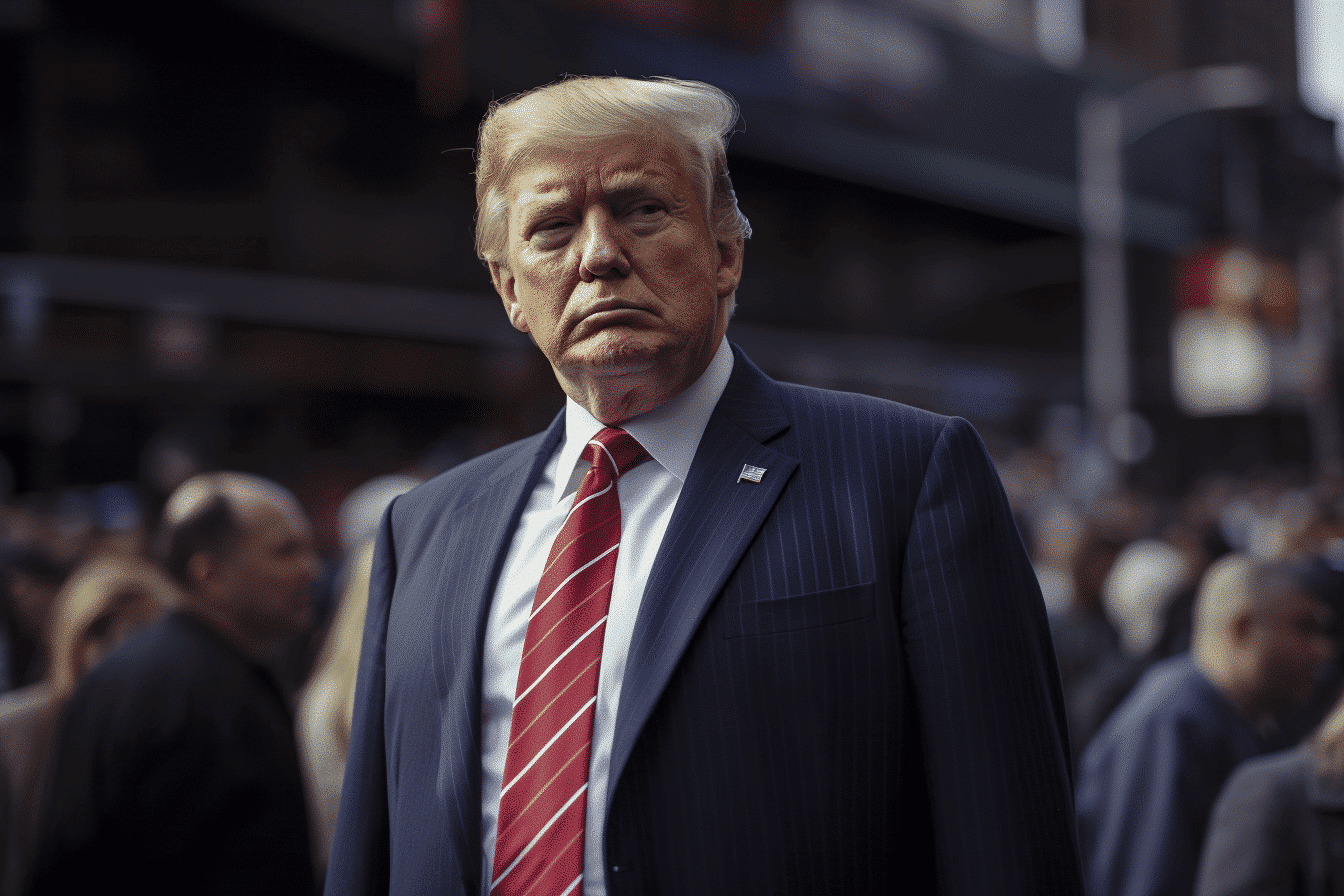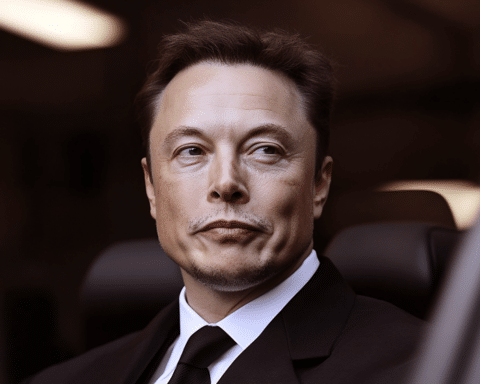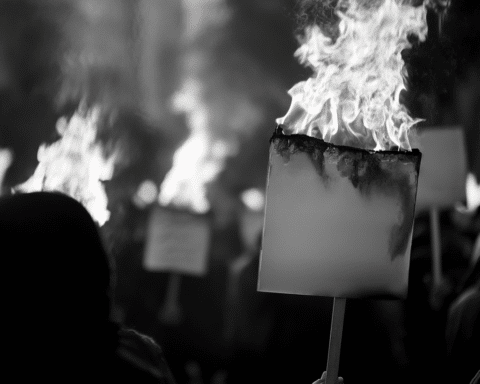Former President Donald Trump recently announced that he will not be participating in the upcoming GOP primary debate and potentially future ones. In a post on his social media platform, Trump stated, “The public knows who I am & what a successful Presidency I had. I WILL THEREFORE NOT BE DOING THE DEBATES!” It remains uncertain whether Trump intends to bypass all primary debates or just the upcoming ones.
Trump, who currently leads the Republican nomination race, had previously hinted at his reluctance to participate, questioning the benefit of facing off against GOP competitors polling significantly lower than him. His decision is also influenced by his belief that Fox News, the host of the upcoming event, is biased against him.
In lieu of attending the debate, Trump has considered various alternatives, such as a possible interview with former Fox News anchor Tucker Carlson on the platform previously known as Twitter. An undisclosed source mentioned Carlson visiting Trump’s New Jersey golf club, sparking rumours of a taped interview soon to be aired.
This isn’t the first instance where Trump has declined a significant GOP debate invitation. In 2016, he hosted his own event rather than attending the last GOP primary debate before the Iowa caucuses.
Fox, once a solid ally for Trump, now seems to have a more favourable stance towards Florida Gov. Ron DeSantis, Trump’s chief rival. This has further strained Trump’s relationship with the network.
DeSantis and other contenders have been vocal in urging Trump to participate, implying that his absence could be seen as a sign of weakness. Reacting to these comments, Trump emphasized that his decision is based on strategy rather than fear. He also expressed his reluctance to pledge his support to the eventual Republican nominee, which is a prerequisite for debate participation set by the Republican National Committee (RNC).
It should be noted that not all candidates will qualify for the upcoming debate. RNC criteria require candidates to have received contributions from a certain number of individual donors and achieve a specific polling percentage. DeSantis, former vice president Mike Pence, and several others have met these standards.
Besides these stipulations, candidates are expected to support the eventual party nominee and not participate in non-RNC-approved debates for the rest of the election season. The RNC is currently abstaining from Commission for Presidential Debates events, alleging partiality.
Several candidates, including Trump, have expressed reservations about these mandates. While Trump has voiced objections to the loyalty pledge, he has hinted at the importance of participating in general election debates.
The political landscape continues to evolve as the 2024 presidential race heats up. Trump’s decision to sidestep the debates showcases his unconventional approach, much like in his previous campaigns. While some view this as a strategic genius, others see it as a potential oversight. Only time will reveal the impact of these choices on the overall trajectory of the election and the GOP’s future.




